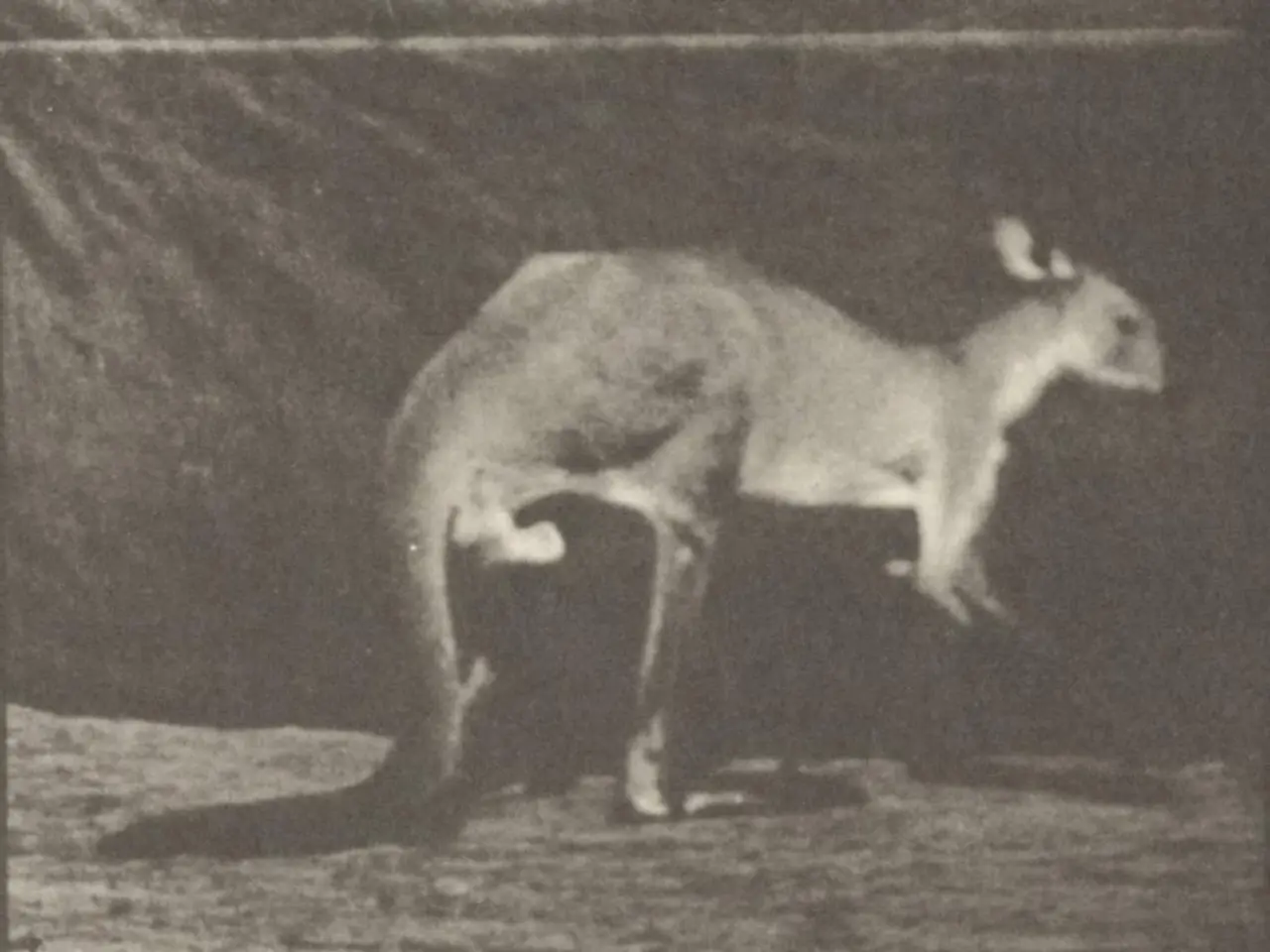Israeli Prime Minister Netanyahu alleges Australian PM has treacherously undermined Israel during a diplomatic dispute.
In recent days, a diplomatic row has emerged between Israel and Australia, with the Australian government's decision to formally recognise Palestine as a state sparking strong reactions from Israeli leaders.
The tension began when Australian Immigration Minister Tony Burke dismissed comments from Israeli Prime Minister Benjamin Netanyahu, who accused Australian Prime Minister Anthony Albanese of betraying Israel and abandoning the Jewish community in Australia. Burke responded by stating that Netanyahu was "lashing out."
The Australian government's recognition of Palestine was part of a broader Western trend, following similar announcements by the UK, France, and Canada. This move was made on humanitarian and moral grounds, as Australia declared neutrality untenable amid mounting civilian casualties in Gaza, with over 62,000 killed since October 7 and severe humanitarian crises resulting from blockades.
Israel launched its offensive in Gaza after Hamas-led militants killed about 1,200 people and took 251 hostages in attacks on October 7. Albanese accused Netanyahu of being "in denial" about the humanitarian toll of Israel's military campaign in Gaza.
The situation escalated when Australia cancelled the visa of far-right Israeli politician Simcha Rothman, who was scheduled to visit the Australian Jewish community. Israel retaliated by revoking visas of Australian diplomats accredited to the Palestinian Authority.
Netanyahu's remarks about Albanese indicate a strong disapproval of Australia's foreign policy shift regarding Palestine. He said history will remember Albanese "for what he is: a weak politician." Israeli Foreign Minister Gideon Sa'ar ordered tighter scrutiny of Australian visa applications, accusing Canberra of fuelling antisemitism.
Jewish institutions in Australia have reported rising attacks, according to Israel's Foreign Minister Gideon Sa'ar. However, the Executive Council of Australian Jewry has called for tone-down and respectful dialogue to resolve the diplomatic row.
Australia's recognition of Palestine as a state is a longstanding goal reflecting its commitment to a two-state solution, humanitarian concerns over Gaza, and alignment with several Western allies. The move was also intended as a step to reinforce a two-state solution and promote a renewed peace process conditioned on key preconditions such as Gaza’s demilitarization and Hamas’ exclusion from governance, which have Palestinian Authority President Mahmoud Abbas's consent.
The Israeli-Australian tension is marked by reciprocal sanctions and escalating verbal attacks amid the broader context of Israel’s military campaign in Gaza and shifting international approaches to the Israeli-Palestinian conflict.
Read also:
- United States tariffs pose a threat to India, necessitating the recruitment of adept negotiators or strategists, similar to those who had influenced Trump's decisions.
- Weekly happenings in the German Federal Parliament (Bundestag)
- Southwest region's most popular posts, accompanied by an inquiry:
- Discussion between Putin and Trump in Alaska could potentially overshadow Ukraine's concerns








